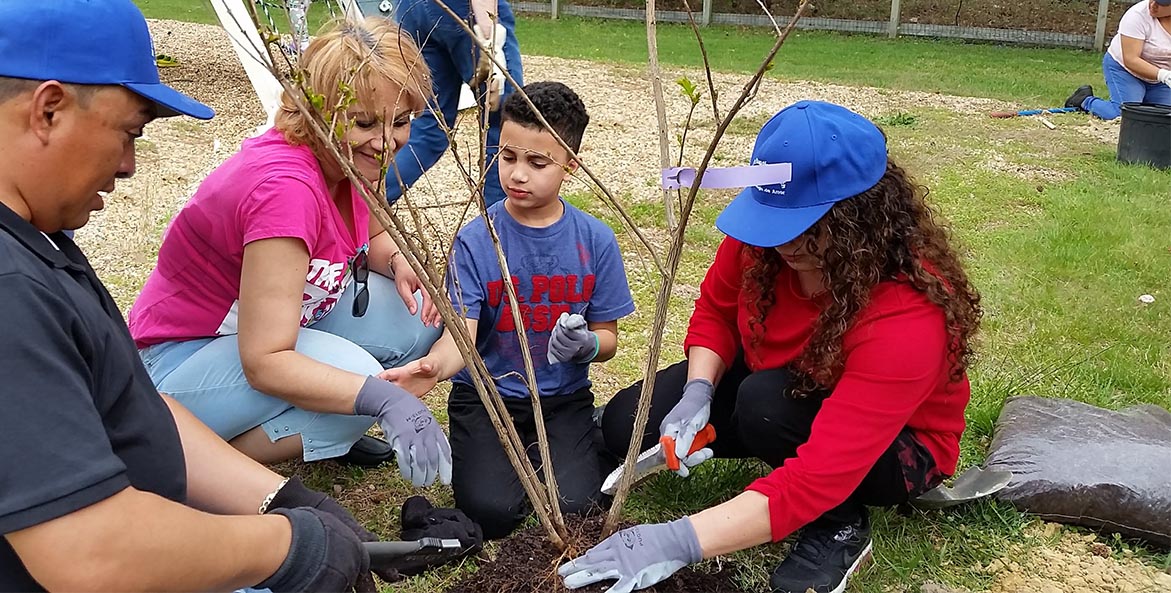Biodiversity is key to a thriving ecosystem for people, plants, and animals in the Chesapeake Bay region. A healthy Bay, clean water, clean air, and healthy communities are rights that we all share. The health of our environment is intrinsically linked to the health of our communities, and at the Chesapeake Bay Foundation we will work to ensure that everyone is engaged in the preservation of the Bay and its waterways.
We will focus on the health and well-being of all communities across the Bay region through the framework of:
- People: Representing and reflecting all the voices of our movement, sharing power, and growing our collective strength across the Bay.
- Places: Elevating and amplifying stories of communities, cultural connections to nature, and the heritage of our region.
- Partnerships: Partnering with communities and organizations, building long-term relationships based on trust and shared accountability.
Racism Hurts the Bay
June 5, 2020
Racism makes saving the Bay harder. It destroys the collective spirit and social fabric that is absolutely essential to implement the scale and scope of efforts necessary to reduce pollution and restore the Bay. More importantly, racism undermines why we are saving the Bay. Clean water improves the health and wellbeing of our communities. Racism destroys our communities. Clean water means little when its benefits are only reserved for a few.
We know it's not enough to just have empathy for those who experience racism and live with its legacy every day. In our own organization, we have made commitments to make the changes we want to see. We are taking steps, but we have a long way to go.
Read the full blog post
Environmental Justice
CBF is engaged in a multitude of efforts to ensure that communities of people of color or lower income residents aren't disproportionately harmed by pollution and other environmental threats.
CBF Environmental Justice Staff Attorney Taylor Lilley was featured in an April 2023 Washington Informer article "Environmentalism Has Many Faces." From the article:
On supporting community voices: "A lot of the work that we've done can be traced back to just people paying attention and refusing to be shut out of spaces—people supporting other community members, people not ignoring each other. Not everything has to be legal intervention. Sometimes support, advocacy and paying attention is just as important as being able to actually file a comment letter."
Forty Years of Environmental Justice: Where is the Justice?
In May 2022, an article by CBF Vice President of Litigation Jon Mueller and Environmental Justice Staff Attorney Taylor Lilley was published in the Public Interest Law Review. "Forty Years of Environmental Justice: Where is the Justice?" examines the history of environmental justice (or EJ) primarily through the lens of the U.S. Environmental Protection Agency and the White House, and evaluates the progress made in terms of regulations and permitting. It also examines recent administrative and judicial decisions addressing EJ claims and, in conclusion, provides recommendations for ways in which EJ issues can be better presented and addressed.
Read the article
Agricultural Equity
Decades of systemic barriers have blocked pathways to land ownership, capital, assistance, and other programs for immigrant, refugee, tribal, and BIPOC communities. CBF recognizes the need for agricultural equity and has made it an important aspect of our efforts to work with local farmers. In conjunction with our on-the-ground efforts, CBF has also developed resource guides for beginning farmers in Pennsylvania and Maryland for finding assistance with loans, marketing, business development, conservation funding, equipment, and other needs.
Education Equity
Many students miss out on the benefits of nature because they lack access to outdoor learning experiences. Environmental education cannot be limited to textbooks and lessons within the walls of the classroom. That's why CBF is committed to providing education programs that get students outside, that support teachers in using the environment as a context for learning, and that empower school leaders to embed environmental education into their curriculum. CBF partners with public and independent school systems across the Chesapeake Bay watershed in rural, suburban, and urban communities ensuring that our programming is accessible to all. Through equitable pricing, thoughtful recruiting efforts, and partnership building, CBF ensures our programming is accessible to under-resourced communities.
People, Places, and Partnerships
Following are stories about how we are putting our beliefs into action in our local communities.
-
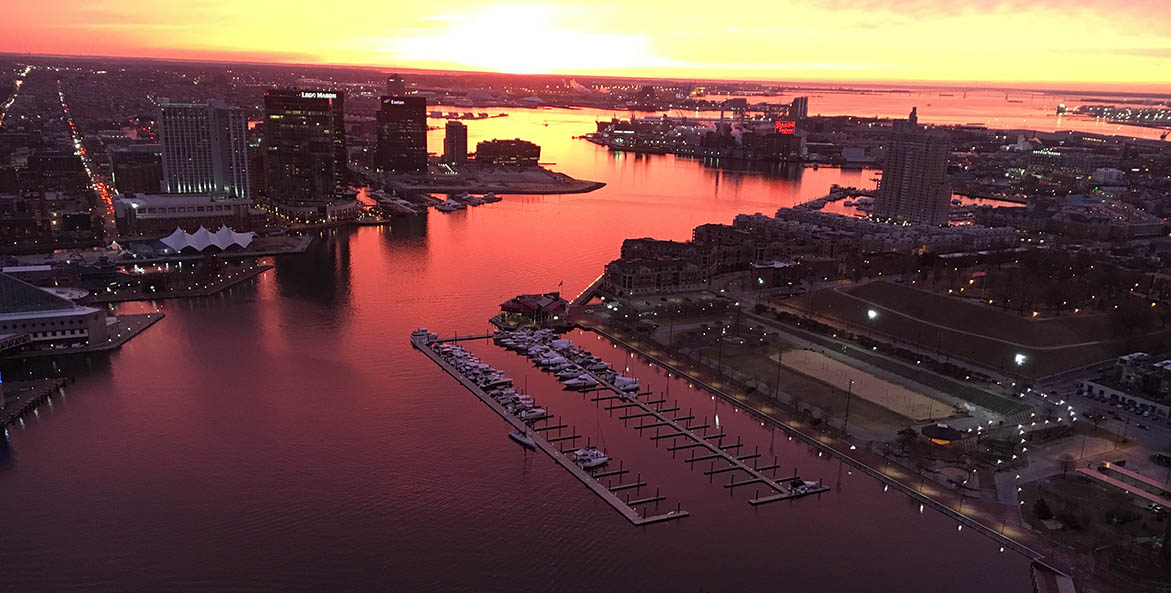
EPA Accepts Review of Civil Rights Complaint on South Baltimore Incinerator Pollution, Will Investigate Further
July 15, 2024
The Environmental Protection Agency (EPA) decided to accept review of the recent Title VI Civil Rights Complaint filed on behalf of South Baltimore residents enduring pollution from Maryland's largest trash incinerator.
-
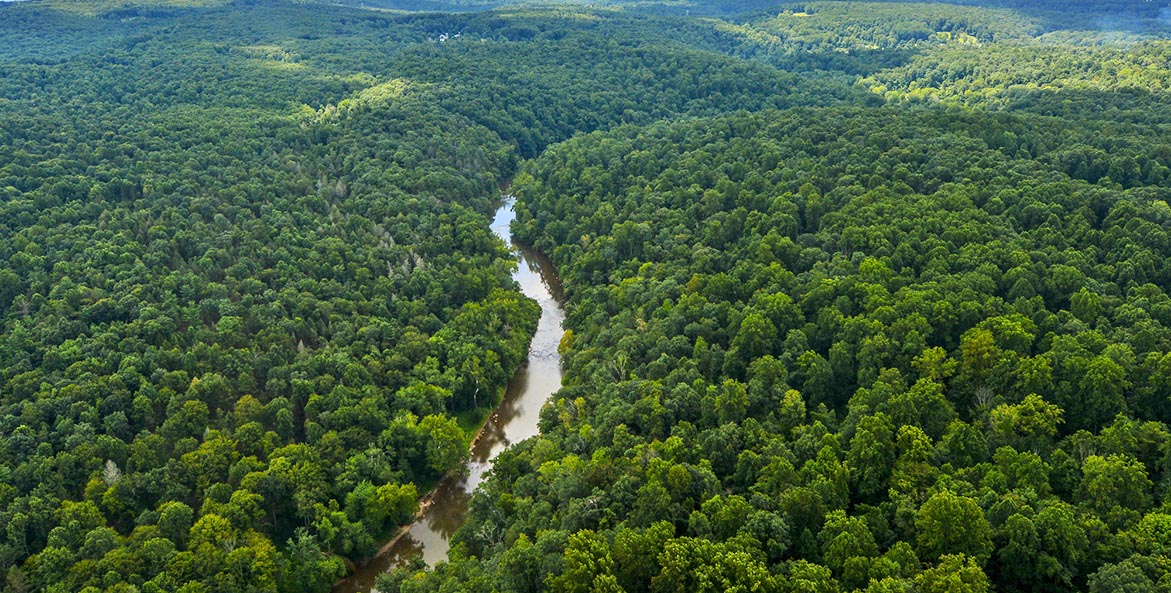
For Environmental Justice, Fully Engage Communities and Analyze Cumulative Effects of Rules, CBF Tells EPA
January 18, 2024
The Chesapeake Bay Foundation (CBF) filed comments to the EPA stressing the importance of involving environmental justice communities early in the rulemaking process and considering the cumulative impact of climate change and multiple sources of pollution.
-
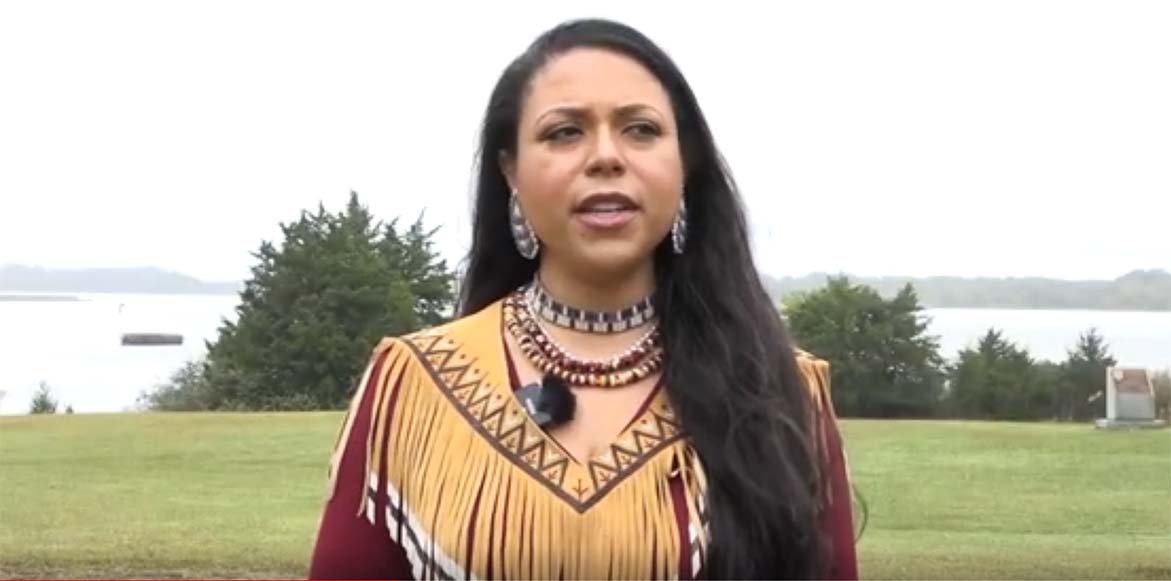
Nansemond Indian Nation: Restoring Connections Through Oysters
November 10, 2023
00:03:31After centuries of displacement, the Nansemond Indian Nation is rebuilding connections to their ancestral waterway, raising oysters for restoration work and volunteering to build living shorelines.
-
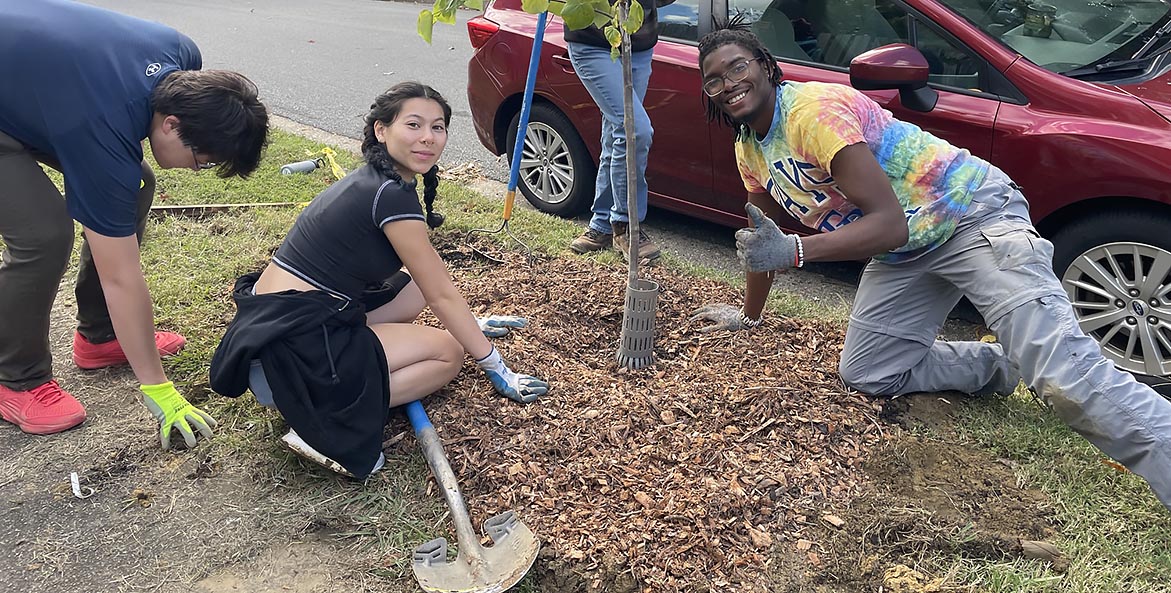
A Place for People
November 6, 2023
Centering people in the conservation movement means taking into account the environmental, social, and economic intersections of our work and how we create solutions that meet all people's needs.
-
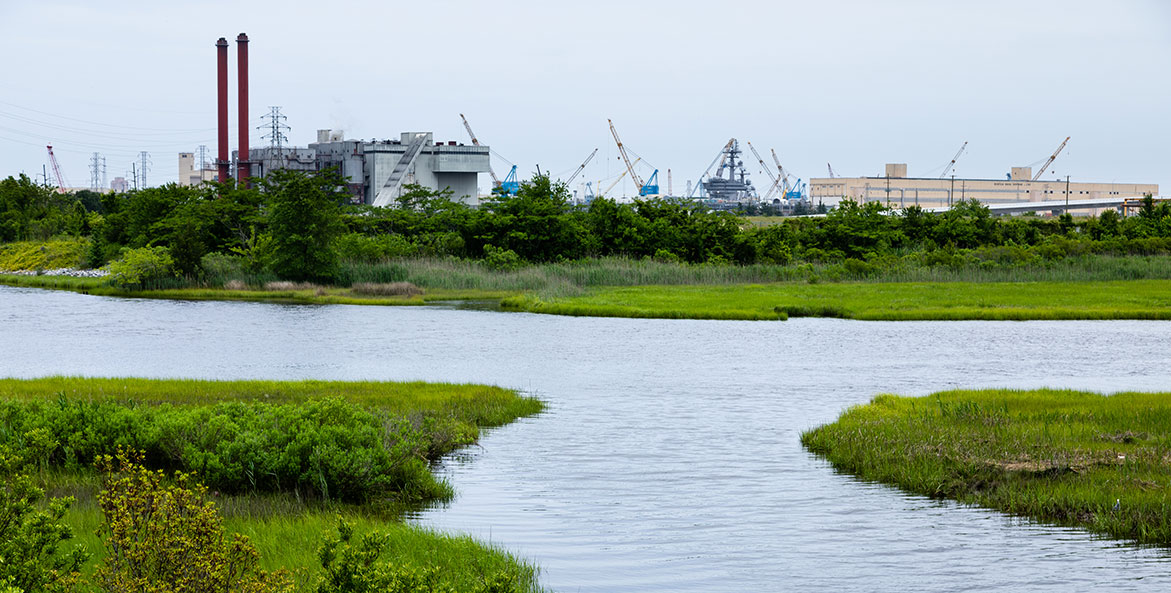
Pipeline Plan and Petersburg Compressor Station Raise Pollution, Environmental Justice Concerns
June 6, 2023
The proposed expansion of the Petersburg Compressor Station would increase emissions of many pollutants that threaten public health, including increasing nitrogen dioxide and sulfur dioxide to unhealthy levels higher than air quality standards. People in environmental justice communities live as close as 1,200 feet from the compressor station site. The census tract next to the project site is in the 89th percentile for levels of people suffering from asthma and 69th percentile for low-income population.
-

Enhancing the Environmental Justice Policy in Pennsylvania
April 6, 2022
The Pennsylvania Department of Environmental Protection (DEP) released a draft update of its Environmental Justice Policy. Among other things, the policy addresses how DEP will consider the impacts of its decisions on people living in lower income and BIPOC communities, the permit review process, how EJ can be included in the state's climate action plan, and more.
-
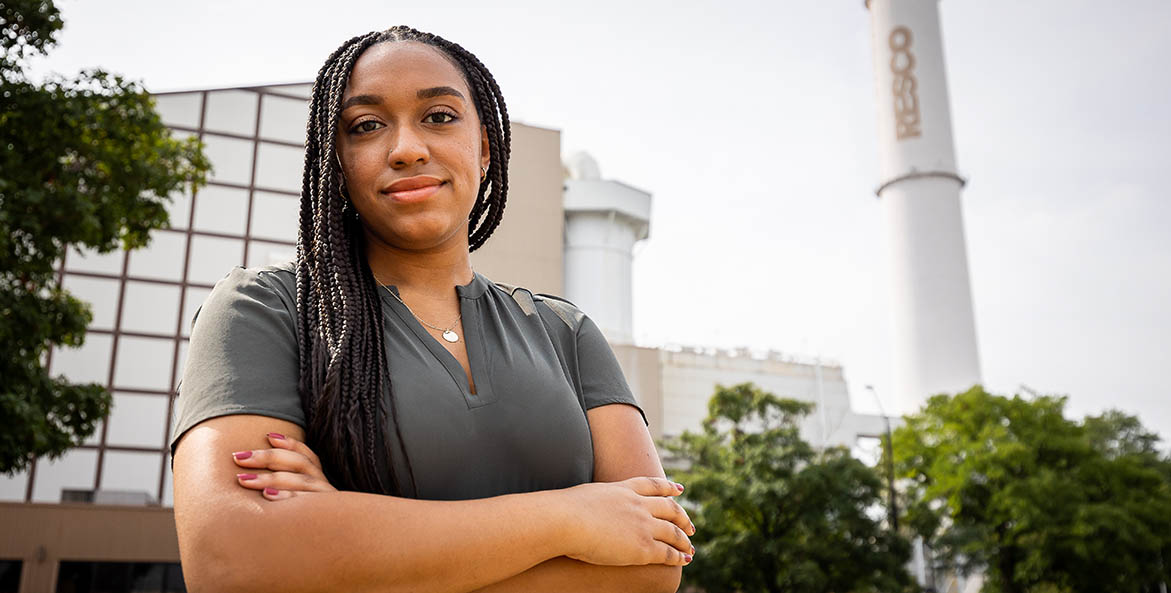
Environmental Justice, More Than Just A Check Mark
October 1, 2021
"Environmental justice is not merely a box to be checked," wrote Judge Stephanie Thacker in her opinion striking down a permit for a proposed natural gas compressor station in the historic, predominantly African American community of Union Hill in Buckingham County, Virginia.
-
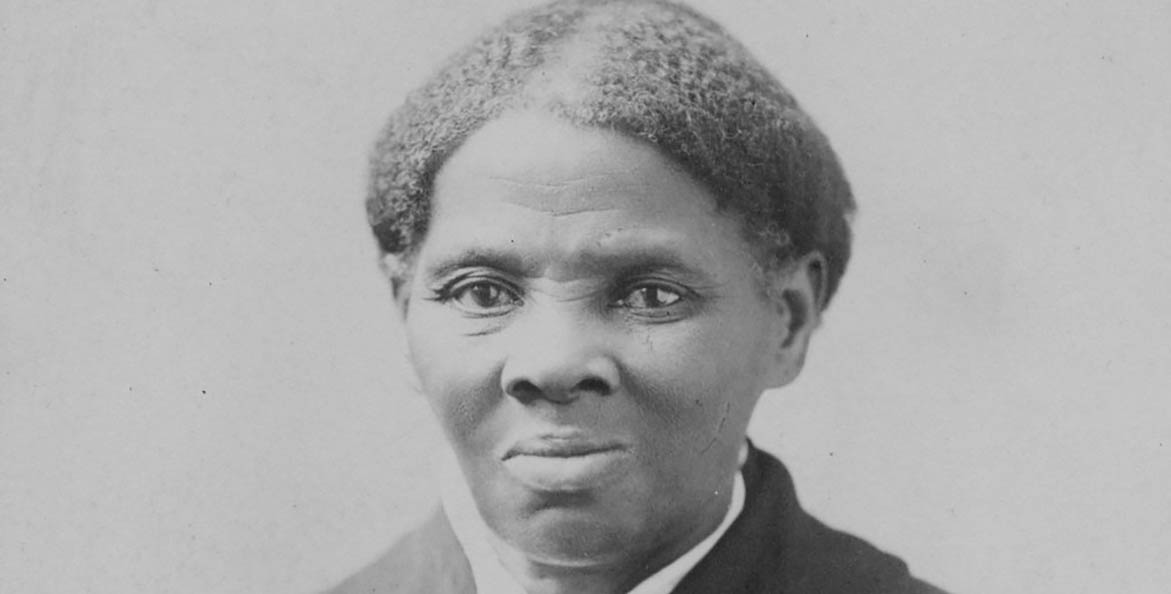
Freeish Since 1865
June 14, 2021
Juneteenth is a reminder that we must keep digging, deeper and deeper, until we have uprooted anti-Black racism in America and beyond.
-
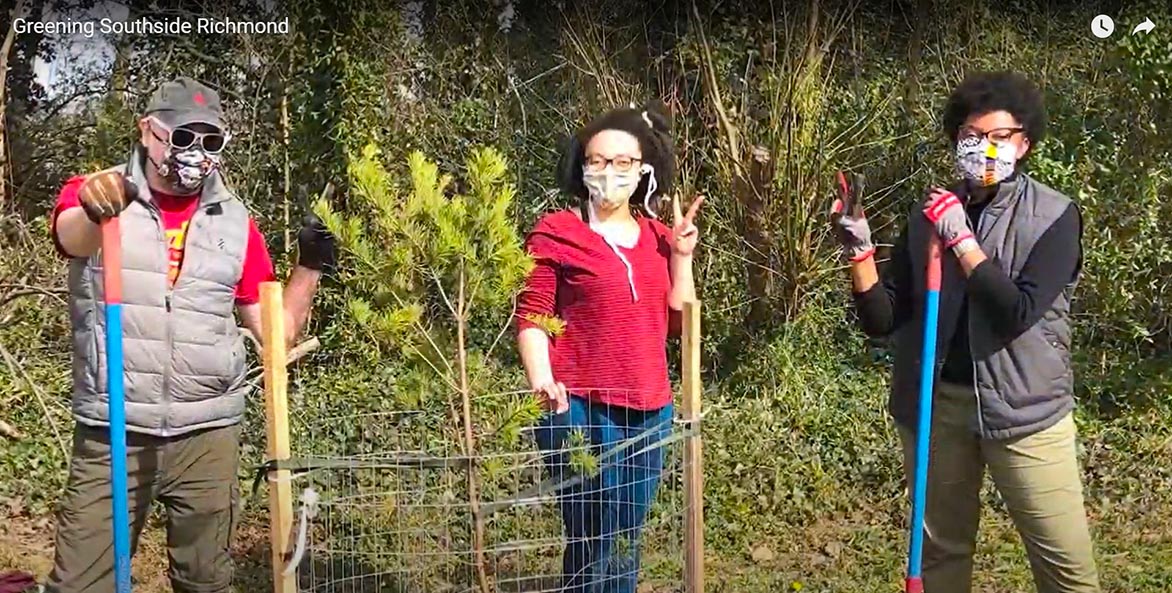
Greening Southside Richmond
April 9, 2021
00:04:07In formerly redlined neighborhoods, community groups and CBF are planting trees at sites suffering from extreme heat linked to racially-motivated housing discrimination that occurred decades ago.
-
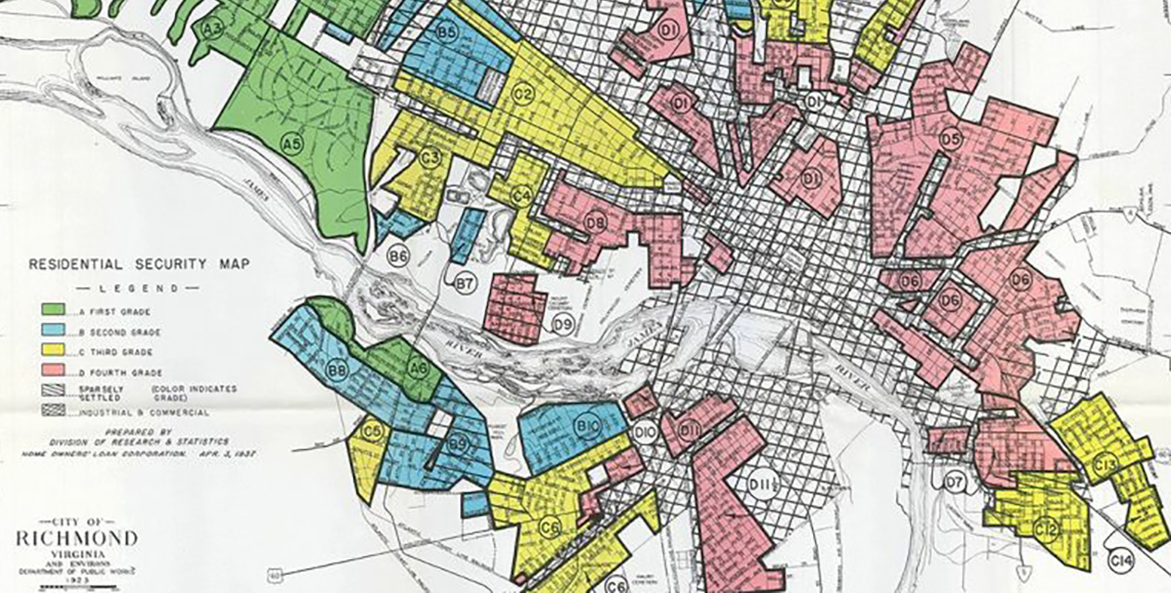
Formerly Redlined Areas of Richmond Are Going Green
September 15, 2020
Excessive heat, discriminative housing practices, and trees are three things that may not immediately seem connected, but in Richmond, Virginia, their connection is coming to light.
-
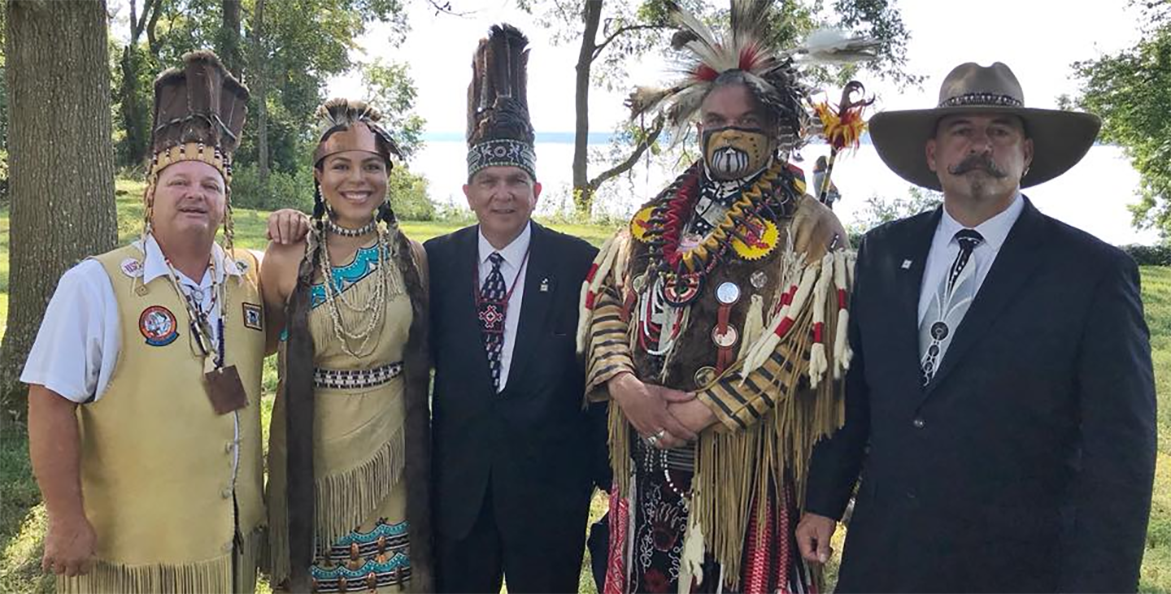
The Nansemond Indian Nation Joins the Chesapeake Oyster Alliance
August 19, 2020
Despite being pushed from their land, the Nansemond people preserved their identity and are helping to bring back the Bay's keystone species.
-
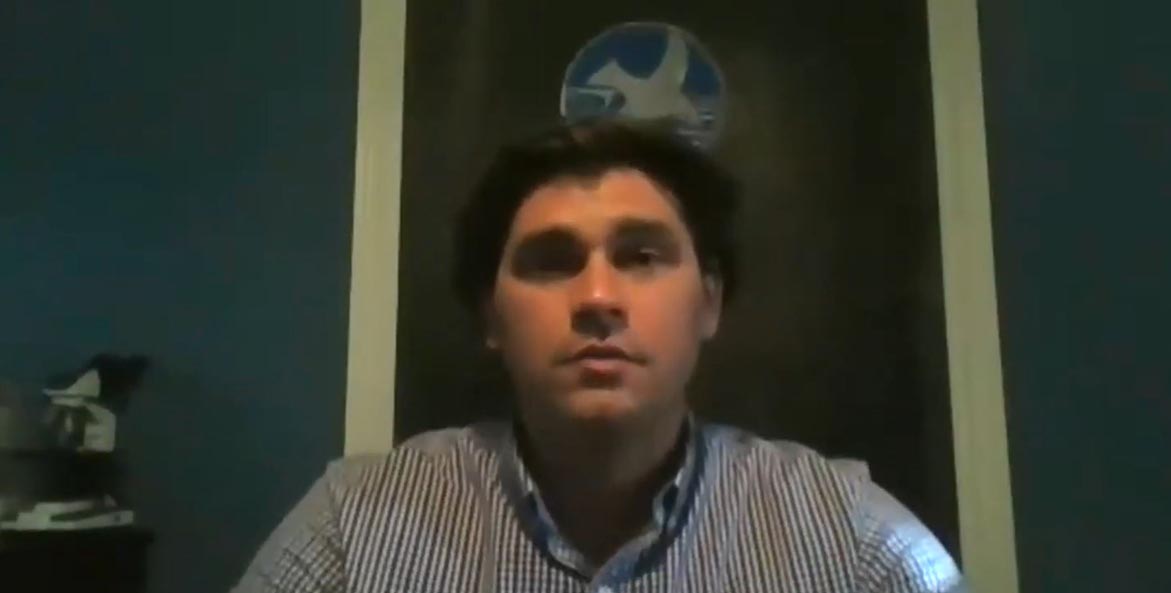
Clean Water is a Right: Equity and Environmental Justice Around the Bay
August 11, 2020
01:01:11In this webinar, CBF staff and a panel of elected leaders and community advocates offer their perspectives on recent environmental justice victories around the Bay watershed. They also discuss where this critical conversation needs to go in the coming years.
-
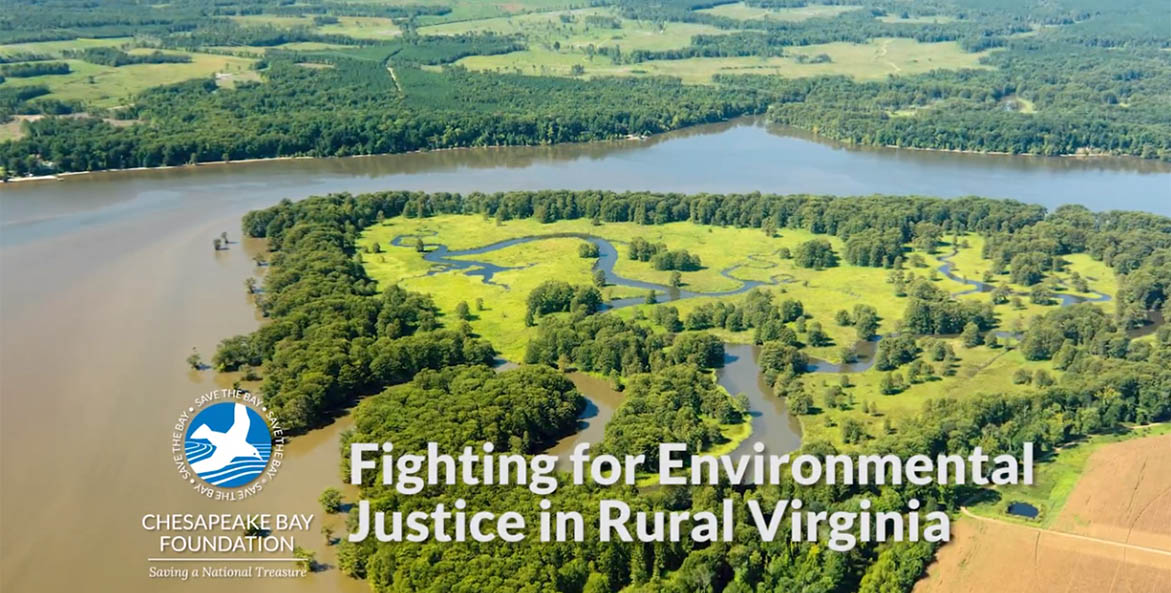
Environmental Justice in Rural Virginia
July 17, 2020
00:04:28Hear from the people of Charles City County, Virginia, a rural community east of Richmond being targeted for two large new natural gas plants and a pipeline expansion.
-
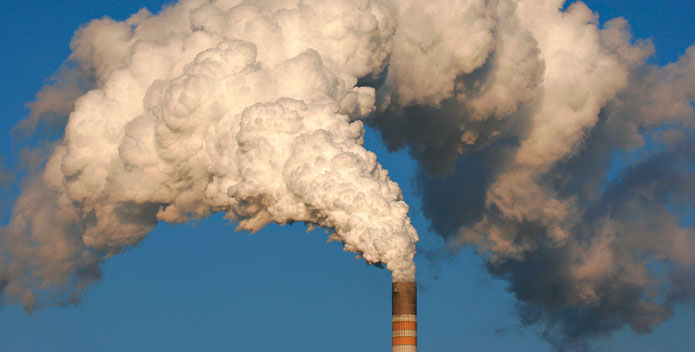
Dirty Air
July 16, 2020
Clean air should be a top priority for EPA. But the agency is ignoring the science yet again, putting human health and water quality at risk by refusing to strengthen standards for particulate matter pollution.
-
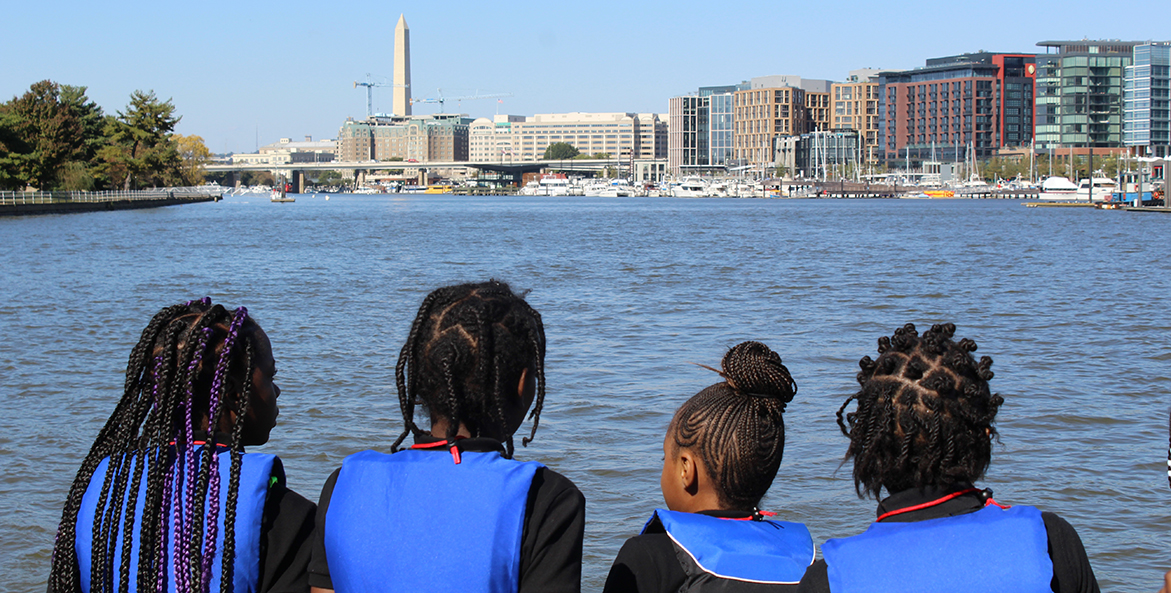
New Courses Aim to Help Teachers Inspire Environmental, Social Justice Advocacy in Students
July 15, 2020
As part of our Chesapeake Classrooms professional learning program, we're offering a timely new course for teachers focused on the intersection of two of the most important issues we face today—protecting the environment and advancing social justice.
-
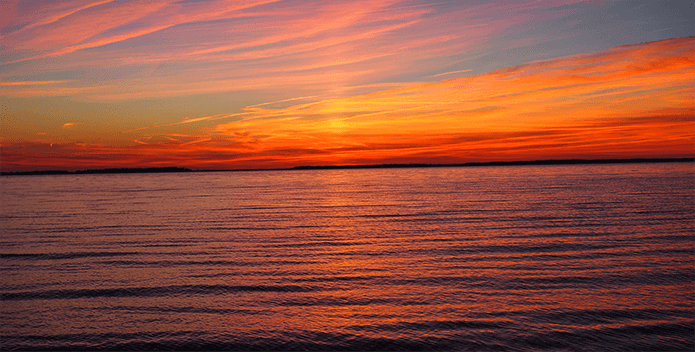
Trump Administration's New Rules Subvert Goals of Environmental Review Law
July 15, 2020
CBF denounces the Trump administration for subverting the goals of the National Environmental Policy Act.
-
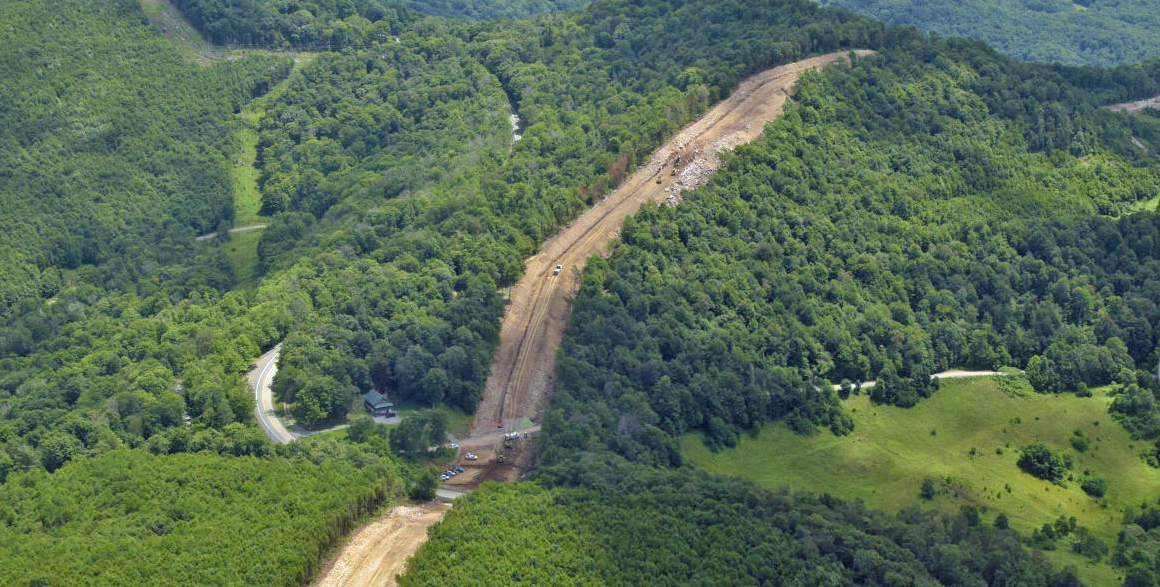
In a Win for the Bay, Atlantic Coast Pipeline Cancelled
July 13, 2020
In a landmark victory for the environment and people across the watershed, earlier this month Dominion Energy and Duke Energy announced they are cancelling the Atlantic Coast Pipeline project
-
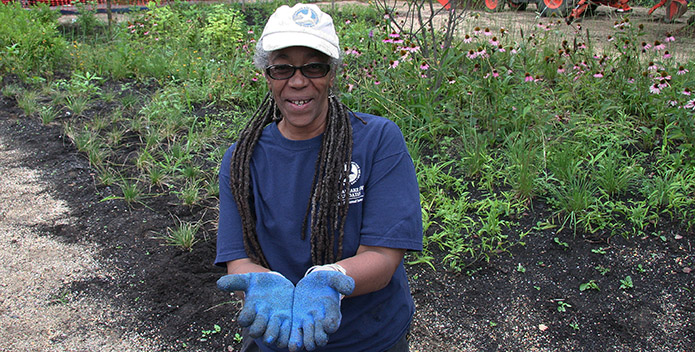
Environmental Justice Projects Take Hold
June 30, 2020
With CBF's help, residents in low-income sections of three southcentral Pennsylvania cities continued to make the most of opportunities to improve local water quality, reduce flooding, and beautify their neighborhoods.
-
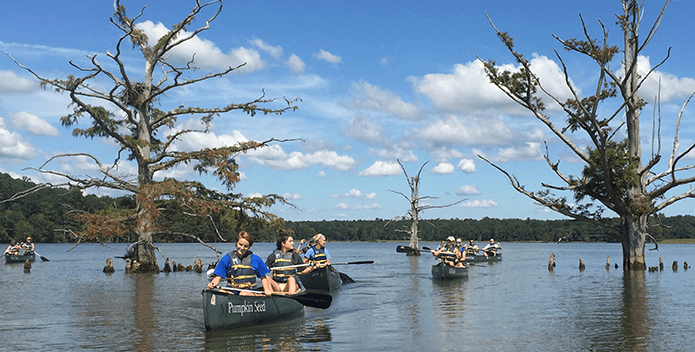
Approval of Groundwater Withdrawal Permit Raises Concerns about Drinking Water
June 29, 2020
The Virginia State Water Control Board approved a groundwater withdrawal permit for the proposed Chickahominy Power Station in Charles City County, Virginia.
-
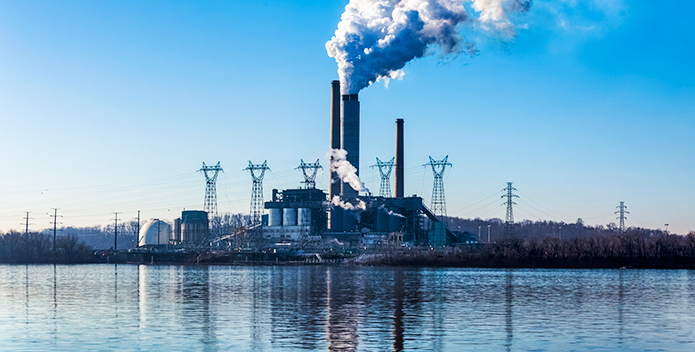
CBF and Partners Return to Court to Protect Successful Limits on Toxic Emissions From Power Plants
June 19, 2020
CBF announces its participation in litigation challenging the Trump administration's unwarranted reversal of the legal foundation for limiting emissions of mercury and other toxic air pollutants from fossil fuel-fired power plants.
-
CBF has Pride
June 1, 2020
00:00:27CBF is honored to be a sponsor of Annapolis Pride since its inception. Join us in the 2019 Pride parade.
-
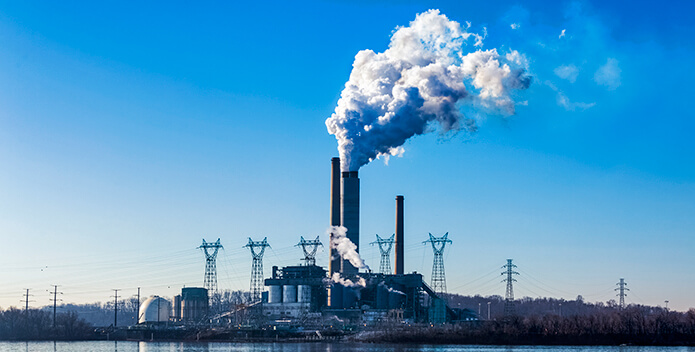
CBF Opposes EPA's Dangerous Reversal on Mercury and Air Toxics Rule
April 16, 2020
EPA's finding that it is no longer “appropriate and necessary” to limit toxic air emissions from coal- and oiled-fired power plants is irresponsible and carries dangerous implications not only for the Chesapeake Bay, but for future regulation of all hazardous pollutants.
-
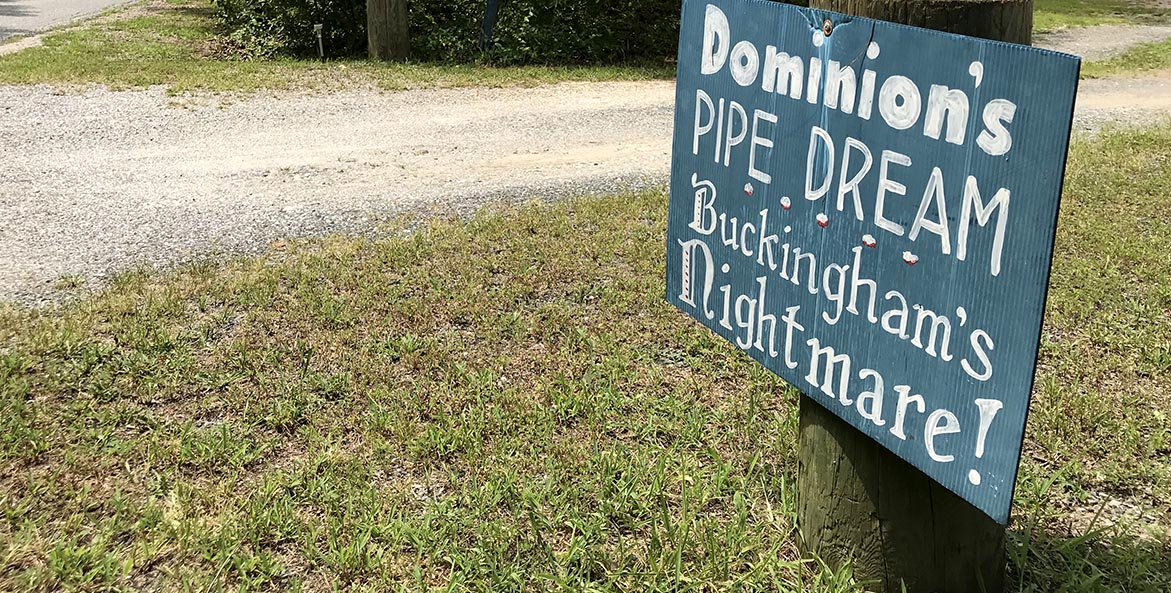
Environmental Court Win Comes at Pivotal TIme in Virginia
January 15, 2020
A major court win last week for the people of Union Hill could help move the needle in the right direction for Virginia to meaningfully apply environmental justice.
-
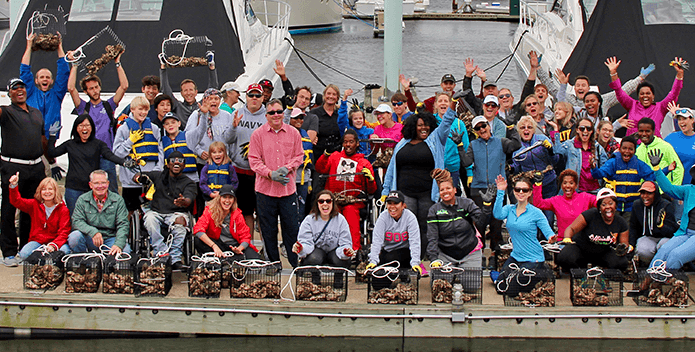
The Great Baltimore Oyster Partnership
The Partnership was created to connect the Baltimore business community and residents to their Harbor in ways that engage and inspire stewardship for the local waterway, wildlife and Chesapeake Bay restoration. There are many barriers associated with accessibility to the water; including transportation, awareness and overall acceptance. By connecting residents to their Harbor through hands on restoration connections are made to what was previously perceived as a lifeless environment.
-
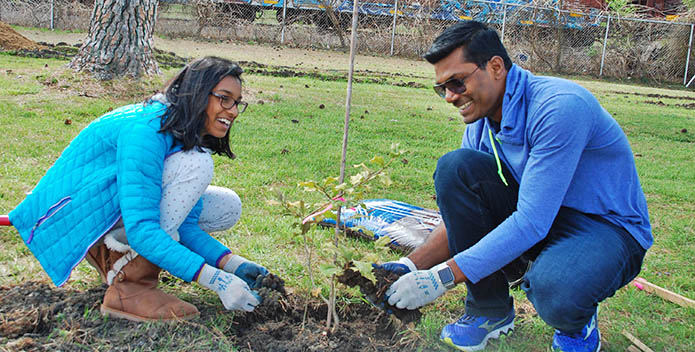
Expanding Urban Tree Canopy and Green Infrastructure
CBF's Hopewell Restoration Project is adding important green infrastructure practices to Hopewell's environs to reduce flooding and polluted runoff, and create additional green space for its more than 23,000 diverse residents.
-
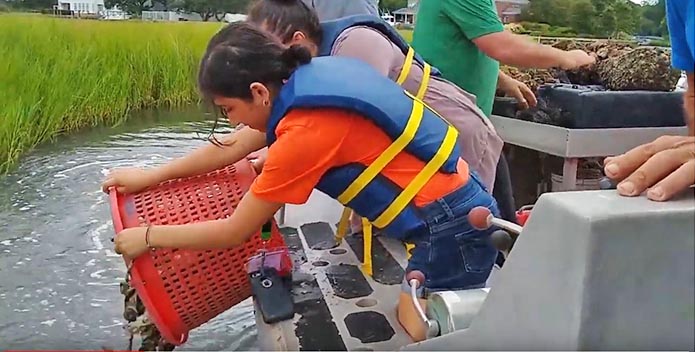
Latina STEM Participants Get Introduced to the Chesapeake Bay
August 9, 2019
00:00:56Two students in the Pathways to Science program, twins Keyli and Jalyn Jimenez Garcia, share their CBF summer education experience.
-
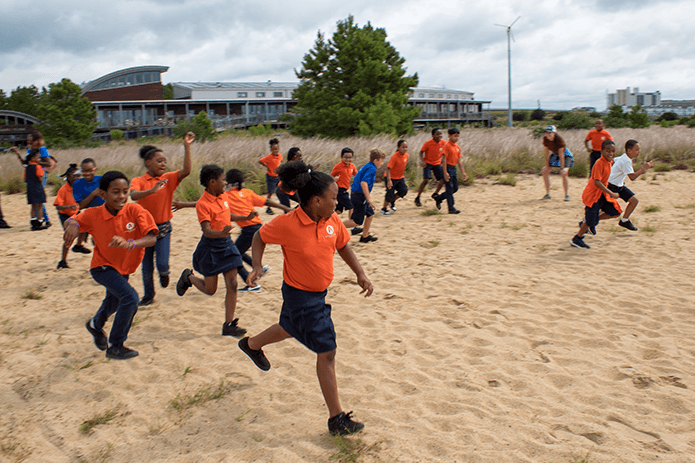
Summertime Learning, Brock Center Style
August 7, 2019
Students from diverse socioeconomic and ethnic backgrounds spent summer days at CBF's Brock Environmental Center in Virginia Beach. The students were participants in An Achievable Dream, Pathways to Science, and The Virginia Wesleyan Environmental Institute's Summer Scholars programs.
-
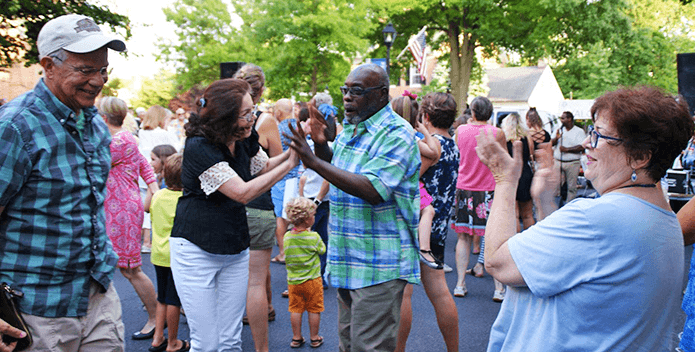
Speaking the Bay's Language
July 11, 2019
Dr. Lorelly Solano moved to Maryland from Costa Rica in 2008 to study green infrastructure in graduate school. Now she's sharing her passion for the Bay and the environment with a new generation of immigrants and Spanish-speaking citizens on the Eastern Shore.
-
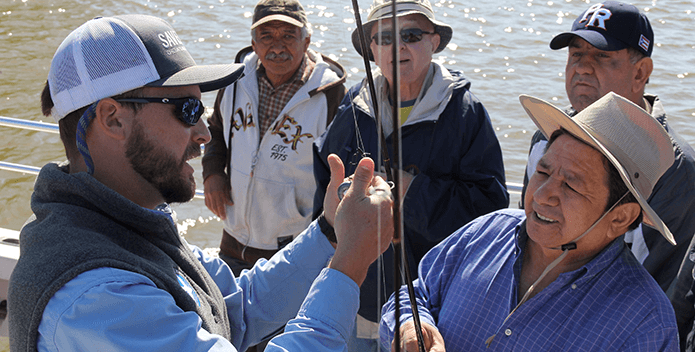
Heaven on Herring Creek
May 29, 2019
Out on the water, it seems like a magic moment could always lie just around the bend. Kenny Fletcher shares his day fishing with Richmond Hispanic leaders on Virginia's Herring Creek.
-
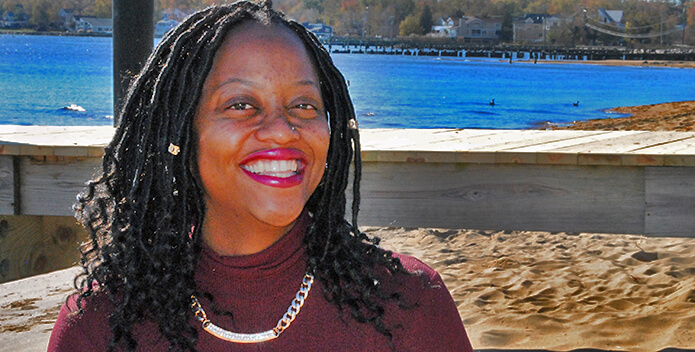
Environmental Justice
May 10, 2017
Episode 55 | 00:25.50In this episode, CBF President Will Baker and Litigation Fellow Alayna Chuney discuss the importance of a healthy environment for all.
-
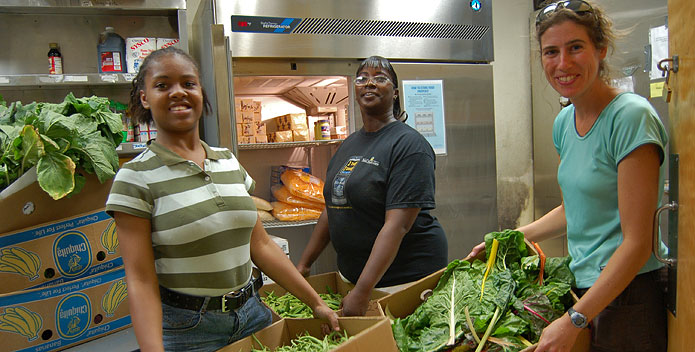
From the Ground Up
For more than 40 years, the Chesapeake Bay Foundation's Clagett Farm has provided free, fresh produce to people living in poverty and near-poverty in Washington, D.C. The project, a collaboration with Capital Area Food Bank, blends local, sustainable organic agriculture with social justice. CBF calls the program, "From the Ground Up."

